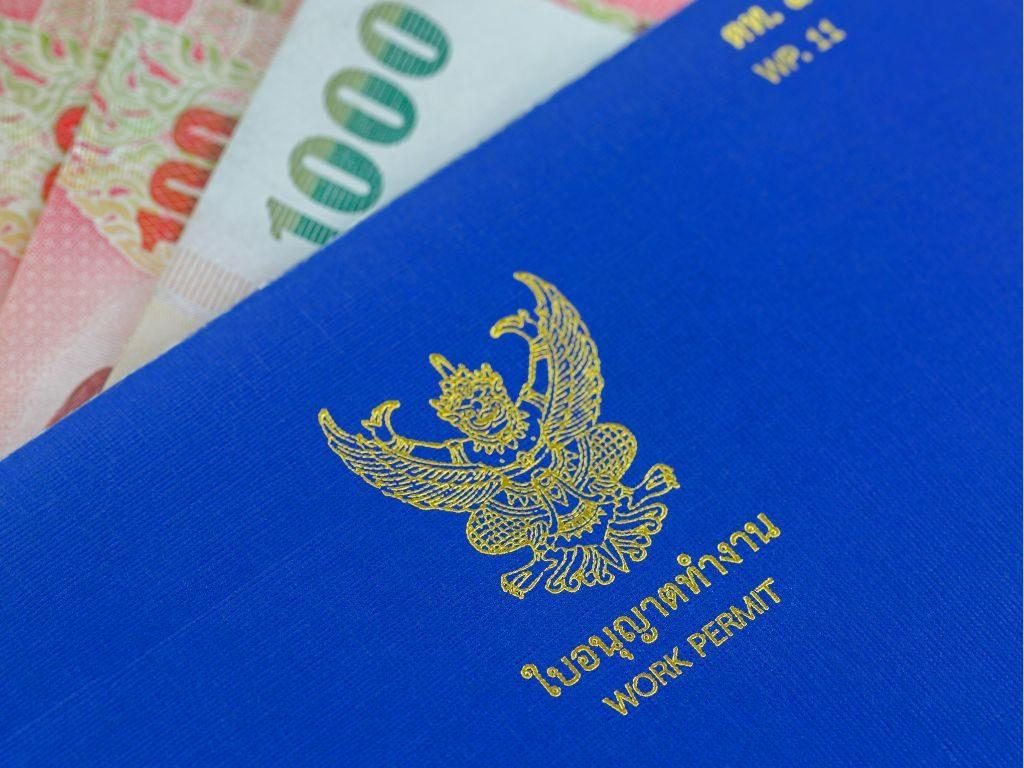Feb 16, 2024

When foreigner working in Thailand, they should apply for work permit. However, there are some things you should be aware of, especially when it comes to legal matters.
Generally, people know the process of applying for work permit in Thailand. First, the foreign employer applies to the Thai Employment Department for WP3 (Pre-approval Letter)
Link : https://www.doe.go.th/prd/assets/upload/files/alien_th/95dcca75296d041443b2e8a4eb6fee23.pdf
The temporary work permit is used as the basis. Within three days, the foreigner shall apply for Non-B with his/her documents and company-related documents to the Thai Embassy in the place where she/he is located. Business Visa (https://www.immigration.go.th/#serviceonline) provides support. The processing time for business visa review is based on the assessment of the Thai Embassy. Foreigners can enter Thailand once they obtain a Non-B business visa (valid for 90 days). The next step will be Non-B business visa and WP3 is exchanged for a work permit (valid for 1-2 years), and the review takes 3-7 working days.
According to the process listed above, many foreigners think that after entering Thailand and applying for a work permit, they can engage in working in Thailand for 1-2 years. However, they did not go to the Thai Immigration Bureau to apply for the renewal of a Non-B business visa (from the validity period of 3 months to 1 year). This violated Article 9 of Thailand’s Foreign Labor Law. Thailand prohibits foreigners from working unless they have obtained a work permit or permission from the registrar; Article 37 of the Immigration Regulations stipulates that foreigners are not allowed to work in Thailand unless they have permission from the Director General or a designated official to engage in a profession in Thailand. In other words, foreigners need to enter Thailand and work in Thailand legally and compliantly, and both must obtain permission from relevant departments and remain valid.
Therefore, foreigners must apply for visa renewal in person or by an entrusting authorized person to renew the Non-B business visa for one year before it expires (45 days before) to avoid unnecessary trouble and delay. Only in this way are foreigners able to legally work in Thailand. Some foreigners may think that with a valid work permit, an APEC business travel card, or an expired Non-B business visa, they can still enter Thailand to work. However, this is a misunderstanding.
In addition, applications for business work visas and work permits are not managed and reviewed by the same department. Foreigners need to go to the Immigration Bureau to apply for a business visa and apply for a work permit to the Employment Department. As a result, Thailand established a one-stop investment consultation center (One Start One Stop Investment Center Service) (https://osos.boi.go.th/EN/home/), located in the Chamchuri Square building, the center of Bangkok, in order to provide a more convenient location and bring better services. Foreigners can apply for a work visa and work permit at the same time in one place, without having to go to two departments. However, to apply for the one-stop investment consultation center, foreigners need to meet certain conditions as follows: 1. The registered capital of the foreign company is not less than 30 million baht, and the applicant is a manager, works experience is no less than 5 years; 2. The company is established as an office; 3. The company has obtained The Board of Investment of Thailand (BOI) Promotion. Only available in Chengwattana, provided the other three conditions are met. The Immigration Bureau applies for a Non-B business visa, and foreigners applying for a work permit must go to the Employment Department in the company's area.
Ultimately, regardless of where the foreigner applies for a work permit and Non-B For business permits, foreigners must ensure that both the visa and work permit are coexisting and valid. Only in this way can foreigners legally work in Thailand.